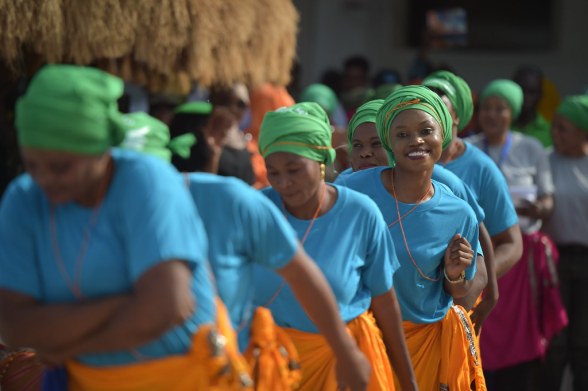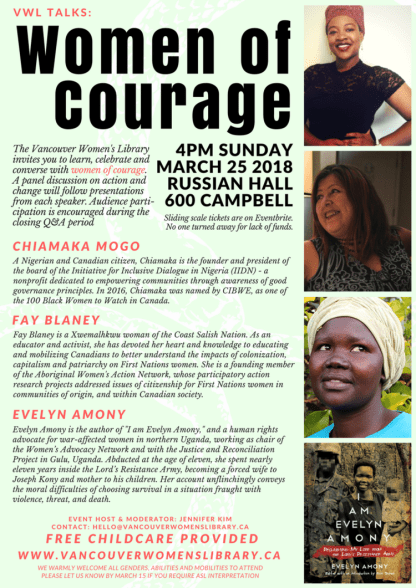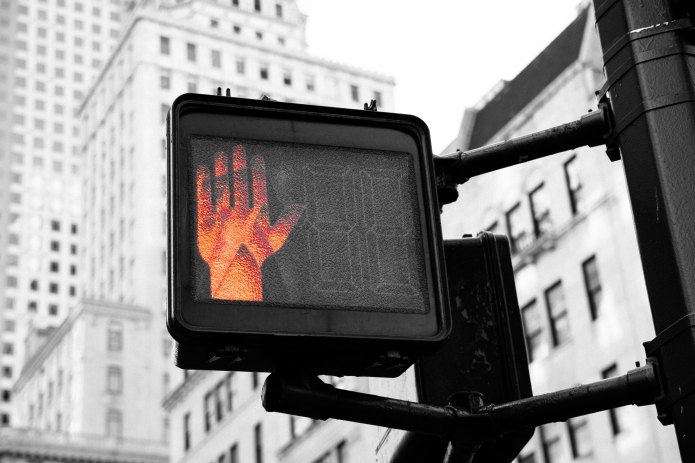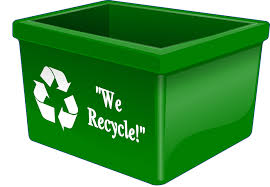
The COVID-19 pandemic has kept the global community at nearly a stand-still. The impacts of the pandemic have been beyond devastating. To curb the spread of COVID-19, nations are implementing lockdowns and movement restrictions, while allowing services deemed as essential to operate less stringently than others. Now more than ever before, the global community has to be catalysed to rebuild societies premised on social cohesion, equity (including universal health care), innovation, amongst others. COVID-19 is affecting nations and demographics in similar, yet different ways.
Women across Africa are being disproportionately affected by the pandemic, as they are experiencing high levels of gender-based violence. African women are experiencing violence in their homes, in pursuit of income especially under the informal sector and in simply existing as women. The movement restrictions have forced some women to stay indoors with their abusers. Nigeria’s National Agency for the Prohibition of Trafficking in Persons (NAPTIP) has raised alarm on the increased incidents of violence against women by their male partners (The Nation, 2020).
Within sub-Saharan Africa, women comprise the bulk of the informal sector (UN Women, not dated). A sector in which social protections are almost absent. Women in the informal sector are now vulnerable to violence by security officers acting unlawfully in the guise of implementing COVID-19 movement restrictions. In Uganda, a day after a presidential directive annulled the selling of “non-food items” in the markets, “Ugandan women street vendors were flogged and brutalized by police” (Global Voices, 2020). Such use of force is simply unacceptable.
In addition, women, especially mothers, who have been living as internally displaced persons (IDPs) in camps are on the receiving end of the now amplified affects of their previously-existing plights. According to the International Organization for Migration (2017) – “In most contexts, women and children make up the vast majority of IDPs” (p. 6). This has been observable within sub-Saharan Africa. For example, civil unrests in Cameroon have forced numerous people, “most of whom are women and children” to become IDPs (UNHCR, 2019). Serious attention has to be paid to the compounded vulnerabilities which women are facing during this pandemic.
A feminist approach to the implementation of lockdowns and movement restrictions is crucial. With women being so critically affected during this period, their concerns need to be at the centre of the ways that African governments respond to the pandemic. This does not take away the means through which care is provided to other genders and demographics, rather it balances the response field for COVID-19.
A feminist approach in this case, entails acknowledging that women-led and feminist organizations in Africa are now working overtime and being innovative to respond to the increased cases of violence against women. They are working to reduce the risk of violence for women living and working in vulnerable situations. Also, they are providing COVID-19 safety information and materials. NAPTIP recently donated food items and Personal Protective Equipment (PPEs) to mainly female-serving organizations that, “take care of vulnerable children and victims of human trafficking” (Daily Trust, 2020). Engage Africa Foundation (led by a woman) collaborated with several volunteers to translate COVID-19 public health messages into up to 16 African languages (EAF, 2020). As the Founder of the Initiative for Inclusive Dialogue in Nigeria (IIDN), I am a witness to the now multiplied, internal activities of our organization to build solutions-oriented knowledge on gender-based violence affecting women and girls. Several more examples exist across Africa. The efforts of women-led and feminist organizations in Africa amidst the pandemic have to be recognised and supported. Amnesty International Nigeria has advised the Nigerian government, “to classify as essential workers, social workers, women’s rights groups and providers who work with victims of domestic violence” (IIDN, 2020). This is vital.
A feminist approach to the COVID-19 response also entails boosting funding for African women-led and feminist organizations that are working to support women in need, during this difficult time. With adequate funding, “women’s organizations seize opportunities to create shifts—in societies, economies, and communities” (Equality Fund, 2020). Financial assistance will undoubtedly go a long way in supporting women to make free and informed choices that prioritise their rights and safety.
In this fragile period, African women-led and feminist organizations are building significant resilience. Their efforts in supporting women who are at risk of or already experiencing violence are essential services. The resilience that they are enabling today will positively impact the post-COVID period. Beyond COVID-19, it is critical that African governments enable the necessary conditions for women to work, live and exist free of gender-based violence and discrimination. The resilience of women-led and feminist organizations in Africa need not be overlooked in the aftermath of this pandemic. They have to be invited to decision-making tables, listened to and supported. It is very possible to develop nations where women do not bear the brunt of societal chaos that is beyond their control. Women are not collateral. No one is.
References
- Daily Trust (2020). COVID-19: NAPTIP donates palliative to partners, shelters. Retrieved from: https://www.dailytrust.com.ng/covid-19-naptip-donates-palliative-to-partners-shelters.html
- Engage Africa Foundation/EAF (2020). Covid 19 – Coronavirus. Retrieved from: http://www.engageafricafoundation.org/covid-19
- Equality Fund (2020). Strengthening Feminist Funding During COVID-19 and Beyond. Retrieved from: https://equalityfund.ca/news/feminist-funding-covid-19
- Global Voices (2020). Market mayhem in Uganda as COVID-19 measures upend women’s lives. Retrieved from: https://globalvoices.org/2020/03/28/market-mayhem-in-uganda-as-covid-19-measures-upend-womens-lives/
- Initiative for Inclusive Dialogue in Nigeria/IIDN (2020). Interview: Country Director of Amnesty International Nigeria, Osai Ojigho, on promoting human rights in Nigeria and during a pandemic. Retrieved from: http://www.iidnigeria.org/activities-1/2020/5/22/interview-country-director-of-amnesty-international-nigeria-osai-ojigho-on-promoting-human-rights-everyday-and-during-the-covid-19-pandemic
- International Organization for Migration (2017). IOM Framework for Addressing Internal Displacement. Retrieved from: https://www.iom.int/sites/default/files/press_release/file/170829_IDP_Framework_LowRes.pdf
- The Nation (2020). Lockdown: Domestic violence on the increase, says NAPTIP. Retrieved from: https://thenationonlineng.net/lockdown-domestic-violence-on-the-increase-says-naptip/
- United Nations High Commissioner for Refugees/UNHCR (2019). Cameroon Situation: Responding to The Needs of IDPs and Cameroonian Refugees in Nigeria. Retrieved from: http://reporting.unhcr.org/sites/default/files/UNHCR%20Cameroon%202019%20Supplementary%20Appeal%20%28March%202019%29.pdf
- UN Women (not dated). Women in informal economy. Retrieved from: https://www.unwomen.org/en/news/in-focus/csw61/women-in-informal-economy
If you like this post, CLICK HERE to subscribe!!:)







